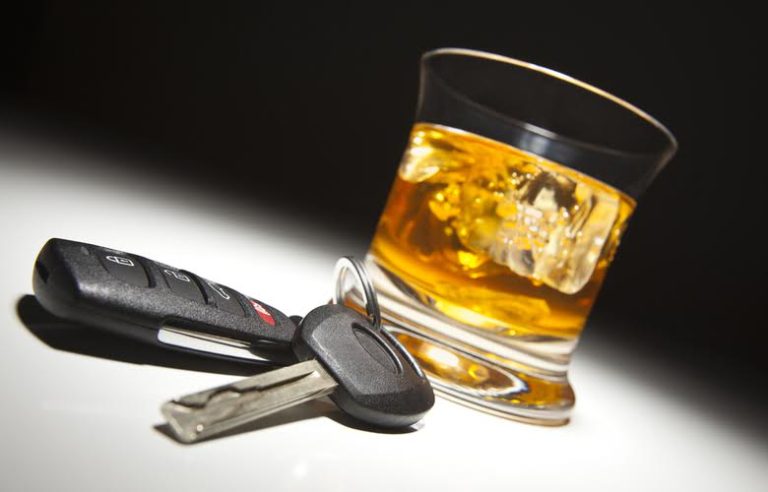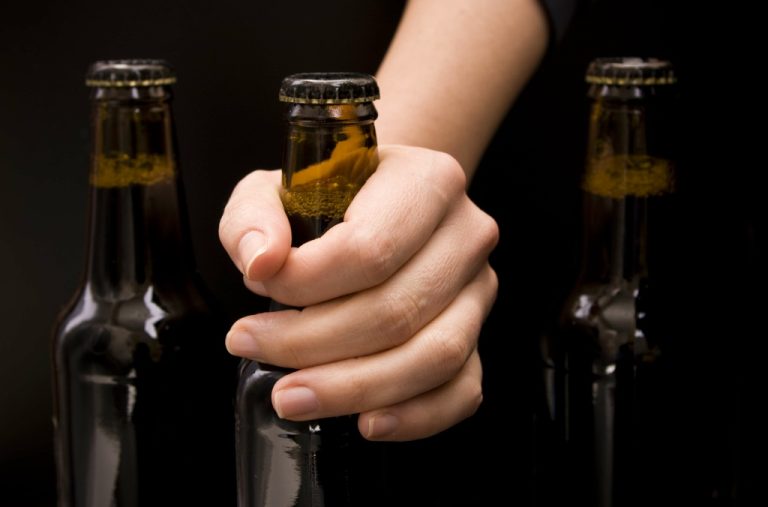Analyses utilized the intent-to-treat sample, i.e., all participants without regard to attendance and treatment completion. Potential modest treatment responses among clients with little or no exposure to treatment may have obscured positive effects for those receiving all or nearly all of the intervention. If you’re worried about drinking or feel it’s affecting your mental health, a lot of help is available. Many people struggle with anger and irritability related to depression. This is not a personal failing on your part, and it might not be within your control. However, you can learn some coping strategies that can help you escape a bad mood, manage your anger, and feel better.
Why Explosive Anger Isn’t Just a ‘Bad Attitude,’ But a Symptom – WebMD
Why Explosive Anger Isn’t Just a ‘Bad Attitude,’ But a Symptom.
Posted: Thu, 31 Aug 2023 07:00:00 GMT [source]
You can experience these intense feelings of anger and dislike without ever sharing them with others — they might remain exclusively in your thoughts. Identifying those factors that might contribute to heightened anger when consuming alcohol is important for individuals who have anger issues and those who treat them. Whether you’re experiencing depression or not, it’s important to evaluate your drinking habits and consider why you drink, when you drink, and how you feel when you drink. Alcohol use disorders may be mild, moderate, or severe, depending on the combination of symptoms you’re experiencing, but drinking problems can exist regardless of a clinical diagnosis. The Centers for Disease Control and Prevention has found that 9 out of 10 adult binge drinkers don’t have a severe alcohol use disorder, but that doesn’t mean alcohol isn’t a problem for them.
Antidepressants and alcohol: What’s the concern?
Ideally, when therapy is complete, people, places, or things that triggered the depressive’s reckless reactions will no longer be applicable. But in the meantime, therapists can employ stopgap measures to help them avoid the prompts that have precipitated their exaggerated, counterproductive responses. Still, it should be added that since two alcohol depression and anger prominent causes of depression are loneliness and feeling socially isolated, these individuals will also need to expand their likely deficient social skills. While the recklessness of some depressives momentarily distracts them from the negative thoughts and feelings plaguing them, its attendant costs usually exacerbate their problems.

Spending time in nature can also have health benefits, including improving your mood. If the sun is out, that’s even better — sunshine can trigger the release of serotonin, which can help relieve depression. When you regularly turn to alcohol to manage challenges and negative feelings, you may not take other actions that could help you address those problems effectively.
Moving From Maladaptive Anger to Adaptive Emotions
With alcohol abuse and alcohol use disorder, the overproduction of chemicals becomes the new normal and leads to alcohol dependence. When it comes to depressants like drugs or alcohol, such substances often release neurotransmitters such as dopamine, serotonin and norepinephrine when they first hit the body. “Initially, this results in a euphoric high,” says Norman Rosenthal, MD, a clinical professor of psychiatry at Georgetown University Medical School.
- “Trait anger” refers to a person’s general tendency to experience chronic anger over time.
- Thankfully, there are ways to deal with withdrawal and depression that can encourage you to keep going and live an alcohol-free life.
- Find a meditation that focuses on anger, depression, or a combination of both.
- This scenario involves losing your sense of perception under the influence.
- As you become more self-aware, you’ll make better choices about alcohol consumption.
- For example, the criterion of legal problems related to alcohol was removed, and the criterion of alcohol craving was added.
Women are more than twice as likely to start drinking heavily if they have a history of depression. Experts say that women are more likely than men to overdo it when they’re down. Lastly, anything that strengthens their support system can be pivotal for people suffering from depression and recklessness. So candid yet tactful, communication with friends and family can give them the https://ecosoberhouse.com/ emotional support and encouragement they need to recover from what’s tenaciously taken hold of them. And that pain might involve grief, guilt, anxiety, shame, or excessive anger, personally experienced as more perilous than anything else. Additionally, there’s what’s been called secondary pain, which relates to a need to punish themselves for whatever they may be ashamed of.
Health Solutions from Our Sponsors
Anger management and alcohol treatment programs must recognize and educate participants about the relationships between alcohol and anger. It’s equally important that psychotherapists highlight this interaction both with clients who consume alcohol and those in relationships with them. Additionally, this information should also be taught in schools to expand their understanding and hopefully reduce the prevalence of alcohol-related aggression.
Nearly one-third of people with major depression also have an alcohol problem. Research shows that depressed kids are more likely to have problems with alcohol a few years down the road. Also, teens who’ve had a bout of major depression are twice as likely to start drinking as those who haven’t. A drink once in a while when you’re stressed out or blue is one thing. But when you need that cocktail every time a problem crops up, it could be a sign of alcohol use disorder. The prevalence of anger attacks was significantly higher in participants who had suffered childhood trauma.
Did you recently experience an incident that stemmed from your alcohol-related aggression? These situations likely spark emotions when you think about them — perhaps you feel embarrassed or ashamed. This aggressive behavior may result in other issues, such as verbal abuse. If drinking causes a blackout, you may not even remember being aggressive unless someone reminds you about it. By perpetuating such behavior, people can end up damaging meaningful relationships — yet another effect of alcohol-based aggression.
- Screening for a history of childhood trauma and assessing anger-related symptoms could help tailor treatment plans more effectively.
- The most recent edition of the “Diagnostic and Statistical Manual of Mental Disorders (DSM-5)” doesn’t list anger among the nine main symptoms of depression.
- This anger can be intense and difficult to control, to the point that it worsens your depression and affects your personal and professional relationships.
- If you experience anxiety, alcohol can give you a very short-lived feeling of relaxation – but this quickly disappears.
In this section, trials that used medication and psychotherapy treatments are discussed, as are the effects of those treatments on depressive symptoms and AUD symptoms. Over time Ryan came to better understand factors that contributed to his drinking, including his anger and increased aggression when drinking. Therapy assisted him in recognizing how past wounds contributed to his vulnerability to both anger and alcohol use. After much consideration, he eventually joined an alcohol treatment program as I helped him grieve his wounds and manage his anger. Some studies highlight the impairment caused by alcohol consumption on processing emotional faces. One such study involved a sample of 85 social drinkers who were described as being low or high trait anger based on their responses to the anger expression index of the State-Trait Anger Expression Inventory-2 (STAXI-2) (Eastwood et al., 2020).






